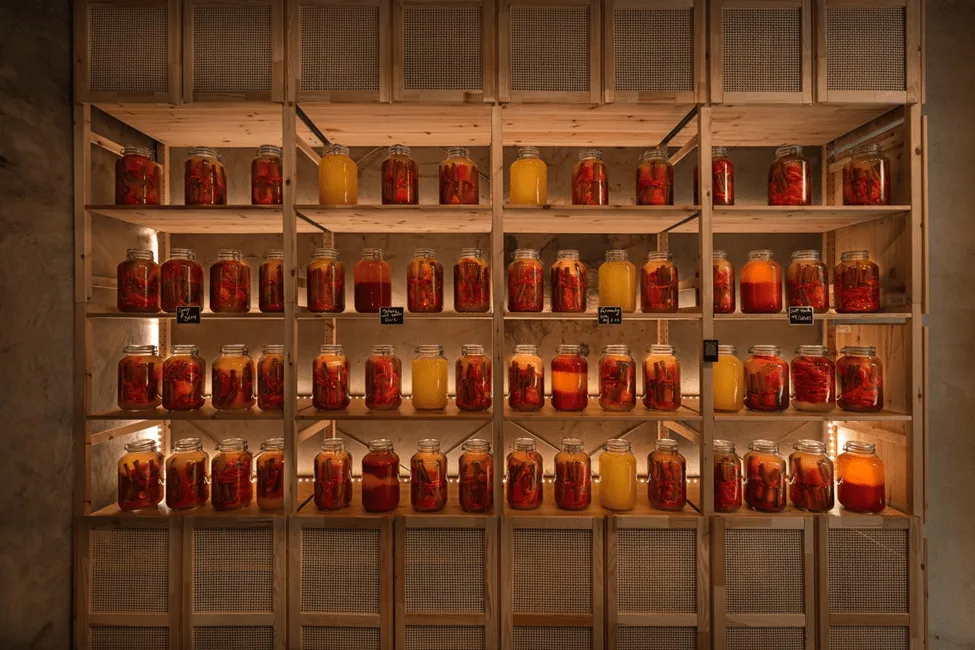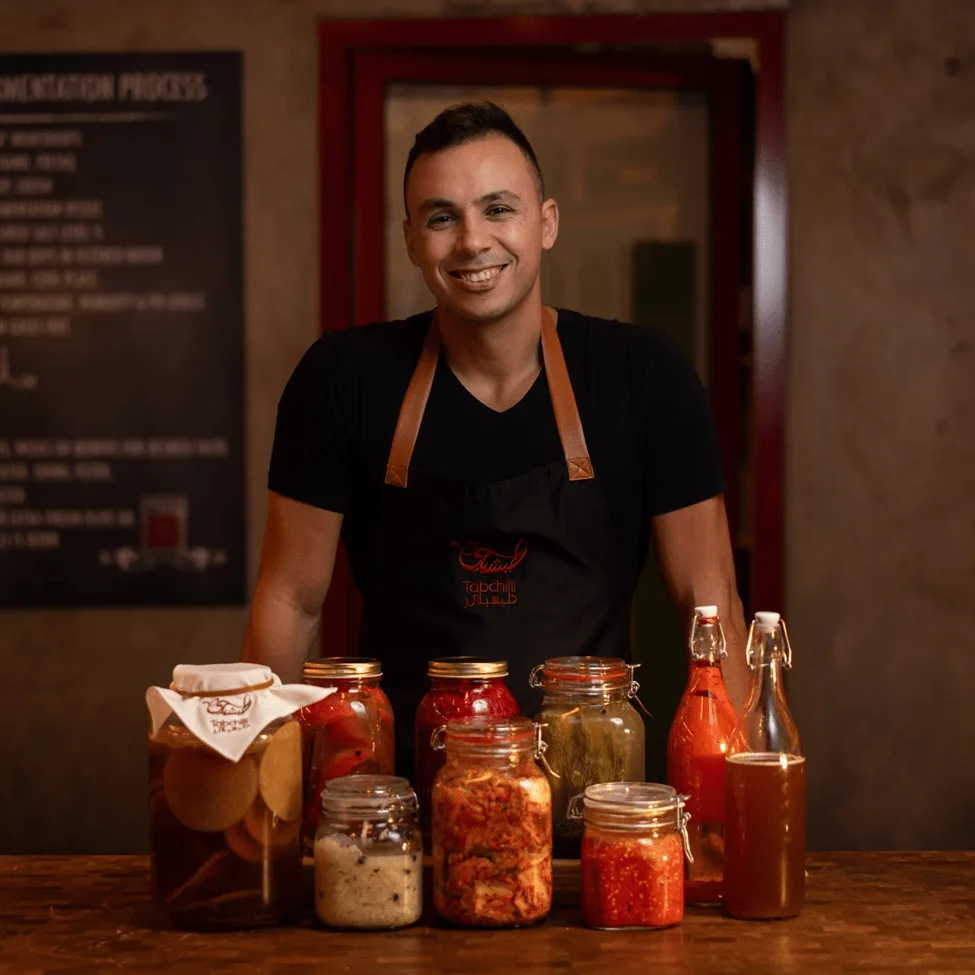In today’s health-conscious world, the terms “probiotics” and “prebiotics” frequently pop up in discussions about gut health, diet, and wellness. However, despite their similar-sounding names and interrelated functions, they play distinctly different roles in our health. Understanding these differences is crucial for anyone looking to optimize their digestive health and overall well-being. This article aims to demystify these terms, explore their benefits, and list the foods rich in each, positioning itself as a comprehensive guide to gut health optimization.
What Are Probiotics?
Probiotics are live microorganisms, primarily bacteria and sometimes yeast, that reside in various parts of your body, including your gut. They are often referred to as “good” or “beneficial” bacteria because they help keep your gut healthy. These microorganisms are essential for digesting food, destroying disease-causing cells, and producing vitamins.
Many types of bacteria are classified as probiotics. Each group has different benefits, but most come from two groups:
- Lactobacillus: This is probably the most common probiotic. It’s found in yogurt and other fermented foods. Different strains can help with diarrhea and may help people who can’t digest lactose, the sugar in milk.
- Bifidobacterium: Found in some dairy products, Bifidobacterium can ease symptoms of irritable bowel syndrome (IBS) and related conditions.
Probiotic Foods
- Yogurt
- Kefir
- Sauerkraut
- Tempeh
- Kimchi
- Miso
- Kombucha
- Pickles (in brine, not vinegar)
- Traditional buttermilk

The efficacy of probiotics is linked to their ability to survive the journey through your stomach acid to colonize your lower digestive tract.
What Are Prebiotics?
While probiotics are living organisms, prebiotics are types of dietary fiber that feed the friendly bacteria in your gut. This allows your gut bacteria to produce nutrients for your colon cells, which leads to a healthier digestive system. These substances come from types of carbs (mostly fiber) that humans can’t digest. The beneficial bacteria in your gut eat this fiber.
The two main types of prebiotics are:
- Fructooligosaccharides (FOS): These are short fructose chains found in various vegetables, grains, and roots
- Galactooligosaccharides (GOS): These consist of short chains of galactose molecules and are commonly produced from lactose.
Prebiotic Foods:
- Bananas
- Onions
- Garlic
- Leeks
- Asparagus
- Artichokes
- Soybeans
- Whole wheat foods
- Chicory root
- Dandelion greens
Prebiotics are essentially the fuel that helps probiotics thrive and multiply in your digestive system, playing a crucial part in maintaining your gut’s health.
The Symbiotic Relationship
When probiotics and prebiotics are combined, they form a synbiotic relationship, where prebiotics help nourish and increase probiotics’ effectiveness. Taking them together or ensuring a diet rich in both can help balance the gut microbiota, an essential factor in your overall health. Health Benefits of Probiotics and Prebiotics
Probiotics:
- Enhance Gut Health: They can restore the natural balance of gut bacteria.
- Improve Mental Health: Emerging research suggests a gut-brain connection, implying that gut health can affect mental health.
- Heart Health: Probiotics can help keep your heart healthy by lowering LDL (“bad”) cholesterol and blood pressure.
Prebiotics:
- Promote Digestive Health: They help combat constipation and diarrhea by improving overall gut health.
- Boost Immune System: By enhancing the gut flora, prebiotics can enhance systemic immunity.
- Enhance Calcium Absorption: This can lead to improved bone density.
Impact of Processing on Probiotics and Sourcing Rich Probiotic Foods

To truly harness the benefits of probiotics and prebiotics, incorporating them into your daily diet is crucial. As we explore the vast benefits and sources of probiotics and prebiotics, it’s essential to highlight how certain food processing techniques, such as pasteurization and the use of vinegar, can significantly diminish the probiotic content in fermented foods.
Understanding this is key to selecting the right products that genuinely benefit your gut health. At Tabchilli, our commitment goes beyond just producing fermented foods; we ensure that every product retains its full probiotic potential by keeping everything raw and alive.
The Impact of Pasteurization and Vinegar in Commercial Fermentation
Pasteurization is a heat treatment process designed to kill harmful bacteria, but it also destroys beneficial probiotics that are crucial for gut health. Similarly, many commercial fermented foods use vinegar as a quick pickling agent, which does not support the growth of probiotics. While these methods extend shelf life and ensure safety, they often come at the cost of the health benefits associated with live microbial cultures.
At Tabchilli, we understand that the true essence of fermentation lies in its ability to offer both flavors and health benefits through live, active cultures. That’s why we opt out of pasteurizing our products. Every jar of Tabchilli fermented food delivers not just taste but a thriving community of beneficial bacteria that can actively contribute to your gut microbiome.
Where to Find Probiotic-Rich Foods and How Tabchilli Fits In

For those seeking the health benefits of real, live probiotics, finding the right products is crucial:
- Seek Out “Live and Active Cultures”: Labels that promote live and active cultures are your best bet. Tabchilli products proudly display this information, reassuring our customers that what they consume will support their health optimally.
- Opt for Raw Fermented Foods: Unlike many options available in the market, Tabchilli offers exclusively raw fermented products. This ensures that the beneficial bacteria are intact and effective, ready to foster a healthy gut environment.
- Choose Trusted Sources: Specialty health food stores, organic markets, and trusted online retailers are excellent sources for raw, unpasteurized fermented foods. Tabchilli takes pride in being a preferred choice in Dubai, known for our commitment to quality and health.
- DIY Fermentation: While making your own fermented foods at home is a fantastic way to enjoy probiotics, Tabchilli offers a convenient and expert alternative, bringing traditionally fermented foods right to your table without the hassle.
- Educational Outreach: At Tabchilli, we do more than sell products; we educate the community. Our workshops and events are designed to teach the benefits and methods of proper fermentation, empowering you to understand and appreciate the art behind the science.
Tabchilli: A Hub of Probiotic Richness in Dubai

Incorporating raw and alive fermented foods into your diet can have profound health benefits, and Tabchilli is at the forefront of making these benefits accessible. Our products are a testament to our dedication to health, flavor, and sustainability. By choosing Tabchilli, you’re not just choosing a product; you’re choosing a lifestyle—one that embraces the full potential of fermentation to support wellness and vitality.
At Tabchilli, every spoonful is a live, active boost to your gut health, crafted with care and expertise in Dubai. Our commitment to keeping our ferments raw ensures that each product is not only delicious but also brimming with probiotics. Join us in this healthful journey, where each bite is an investment in your well-being.
1% of each order supports children with juvenile arthritis.